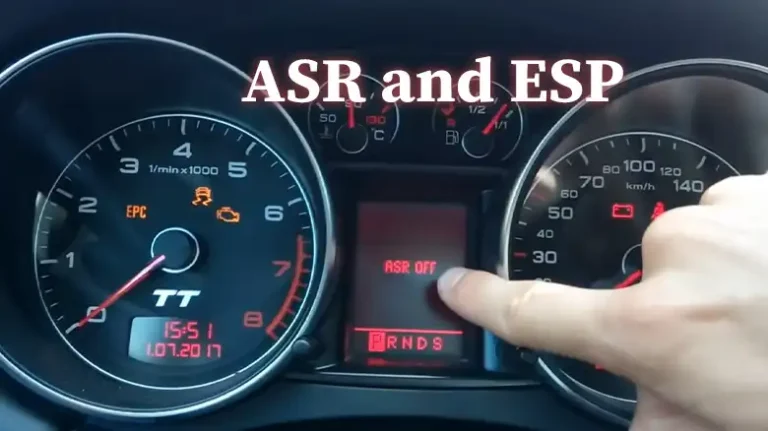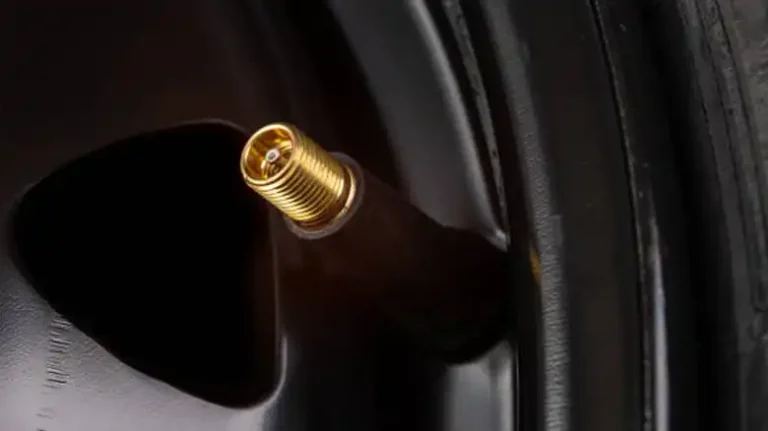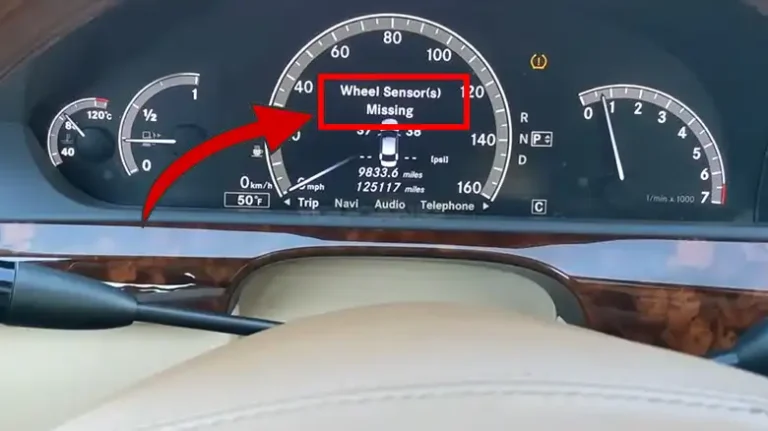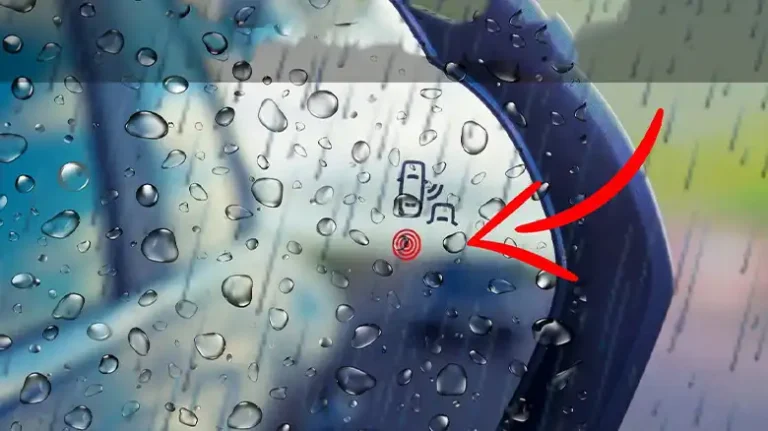Should Abs Be Turned Off? Abs On/Off Explained
As a new driver, I wondered if disabling ABS would shorten stopping distance on gravel or snow, though it prevents wheel lockup during hard braking – a key safety feature. The challenge is knowing when and why to turn off this vital skid-prevention system.
Initially, I didn’t fully understand ABS and assumed that manually locking the wheels might shorten my stops. However, in researching and talking to driving instructors, I realized ABS optimizes braking for the average driver in emergencies. Turning it off increases the chance of spinning out and losing control.
Through reading experts’ advice, I learned ABS should stay on in most real-world conditions. While not perfect, it gives me the best chance of stopping quickly while maintaining steering. The benefits outweigh any minor drawbacks on loose surfaces. I also discovered that very few drivers can outperform ABS braking.
Join me in this article as we explore ABS, the situations where turning it off makes sense, and the alternatives to boost your vehicle’s performance. This article will guide you through the decision-making process, ensuring safety and responsiveness on the road.
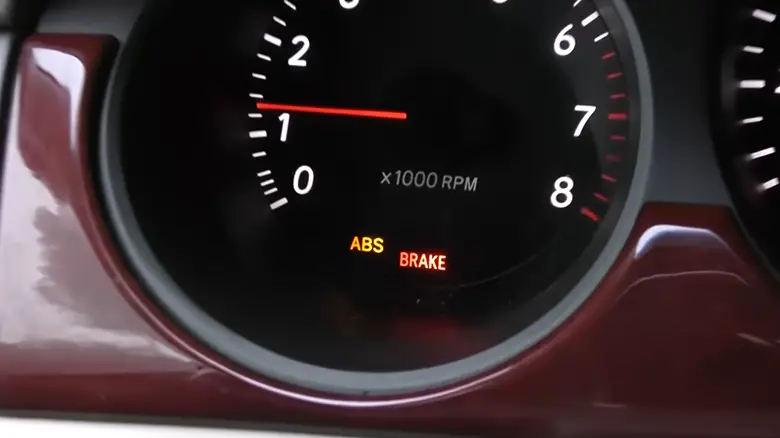
Key Details on Whether ABS Should Be Turned Off
ABS optimizes braking control for most drivers, so experts advise leaving it on. Turning it off increases skidding risks, but may shorten stops on loose surfaces. There are limited cases where disabling ABS could help, but it’s generally best left enabled.
- ABS (anti-lock braking system) is designed to prevent wheels from locking up and skidding during hard braking. This allows the driver to maintain steering control and stop at the shortest distance possible.
- Turning ABS off disables this important safety system. It should generally be left on for maximum braking effectiveness in emergencies.
- In certain circumstances like driving on loose surfaces such as gravel or snow, ABS can sometimes slightly lengthen the stopping distance compared to locked wheels digging in. This has led some to believe turning it off will shorten stops.
- However, manually locking the wheels by turning off ABS increases the likelihood of spinning out and losing control. The average driver is unlikely to outperform ABS.
- The consensus among experts is that ABS should remain on in most real-world driving conditions. The system is optimized to provide the best braking and control for an average driver in an emergency.
- ABS is not fail-proof and does not decrease the time or distance it takes to stop a car. But it can help prevent accidents due to skidding. It provides an important safety benefit for most drivers.
Benefits of ABS (Anti-Lock Braking System)
ABS allows maintaining steering control during hard braking by preventing wheel lockup. It provides the average driver the best braking performance in emergencies. Let’s have look into some benefits:
Enhancing Braking Performance
ABS excels in ensuring shorter stopping distances. It prevents wheel lock-up and skidding, allowing you to maintain control and steer around obstacles, reducing the risk of accidents.
Preventing Wheel Lock-Up
In emergency braking situations, the system modulates brake pressure to prevent your wheels from locking up. This is particularly advantageous on slippery roads or during sudden stops.
Maintaining Steering Control
ABS ensures that you can maintain control of your vehicle while braking hard. It enables you to steer away from obstacles, making it a lifesaver in situations that demand quick reactions.
Safety in Wet and Slippery Conditions
ABS is particularly valuable in adverse weather conditions. Whether you’re driving on wet, icy, or snow-covered roads, ABS keeps your vehicle stable and helps avoid accidents.
Situations Where ABS May Need to Be Turned Off
In very specific cases like driving on loose gravel or snow, ABS can slightly lengthen stops. Disabling it may help dig in and shorten the distance, but increases skidding risks.
Off-Road Driving
While ABS is a blessing on the road, it can be a curse when you venture off the beaten path. Off-road driving may require wheel spin and locking to provide traction. In such cases, turning off the ABS might be beneficial.
Deep Snow or Gravel Roads
When driving on deep snow or gravel roads, ABS can sometimes hinder your progress. You might find that turning it off allows your wheels to dig into the terrain better.
Stuck in Mud or Sand
If you’re stuck in mud or sand, turning off the ABS can help your tires grip and propel your vehicle out of the muck.
When Traction Control Interferes
In some vehicles, traction control systems work in conjunction with ABS. While traction control is valuable, there might be situations, such as rock crawling or heavy off-roading, where ABS interferes.
What are the Risks of Turning Off ABS?
Turning off ABS increases the chances of wheel lockup and spinning out of control during hard braking. Most drivers are unlikely to outperform ABS, so disabling it compromises safety.
Increased Stopping Distance
One significant risk of turning off ABS is that your stopping distance can increase. Without ABS, your wheels can lock up, causing skidding and a longer distance to stop.
Compromised Steering Control
With ABS off, you may have difficulty steering and avoiding obstacles during emergency stops, which could lead to accidents.
Reduced Safety in Slippery Conditions
If you disable ABS on wet or icy roads, you might experience reduced safety and a higher risk of accidents.
Potential Legal Implications
In some regions, disabling safety features like ABS can lead to legal consequences if you’re involved in an accident. It’s essential to be aware of your local laws and regulations.
Alternatives to Turning Off ABS
Instead of disabling ABS, techniques like pumping the pedal or threshold braking on loose surfaces may provide some benefits. But for most conditions, keeping ABS on optimizes braking.
Using Snow Chains or Traction Aids
When driving in snow or on slippery terrain, using snow chains or traction aids can provide the extra grip you need without turning off ABS.
Opting for Off-Road or Winter Tires
Switching to off-road or winter tires can improve your vehicle’s performance on challenging surfaces without compromising safety features like ABS.
Key Questions
When should I consider turning off my vehicle’s ABS?
– It’s crucial to evaluate the specific driving conditions. Consider turning off ABS when you’re facing off-road challenges, deep snow or gravel roads, or when your tires need to spin freely for traction.
Is it safe to disable ABS for off-road driving?
– Off-road driving can benefit from ABS being turned off in some situations, but it depends on your driving skills and terrain. Always consult experts for guidance.
Can I manually turn off ABS in my car, and how?
– The process varies between vehicles. Refer to your car’s manual for instructions on how to disable ABS. Always follow the manufacturer’s guidance.
What are the potential risks of turning off ABS?
– Risks include longer stopping distances, compromised steering control, reduced safety on slippery roads, and potential legal implications.
Are there legal implications for disabling ABS?
– Disabling safety features like ABS can lead to legal consequences in some regions. Be aware of local laws and regulations.
What alternatives can I consider before turning off ABS?
– Alternatives include using snow chains or traction aids for slippery terrain and opting for off-road or winter tires for better performance.
Are there any safe ways to temporarily disable ABS?
– Some vehicles may offer the installation of temporary ABS defeat devices, but these should only be used by experienced individuals in specific situations.
The Sum Up
Deciding whether or not to turn off your vehicle’s ABS should be a thoughtful and informed choice. Consider the pros and cons, the specific driving conditions you face, and whether there are safer alternatives. Your safety on the road is paramount, and ABS plays a significant role in preserving it. While there are situations where turning off ABS might be necessary, always prioritize safety and consult with professionals to make the right decision for your specific circumstances.
![[Explained] Does ABS Work in Neutral?](https://proautosafety.com/wp-content/uploads/2023/03/Does-ABS-Work-in-Neutral-768x431.webp)
